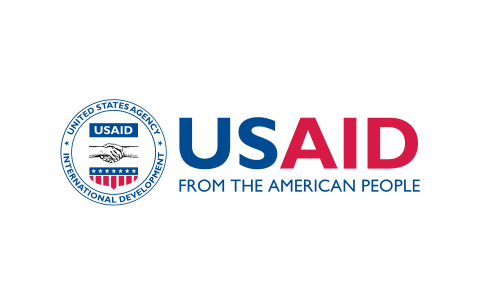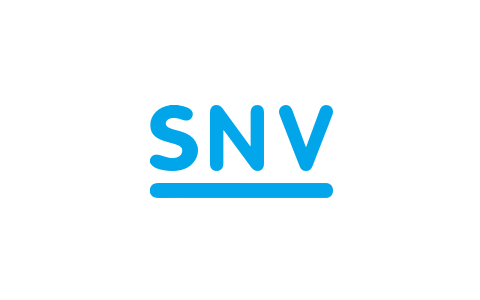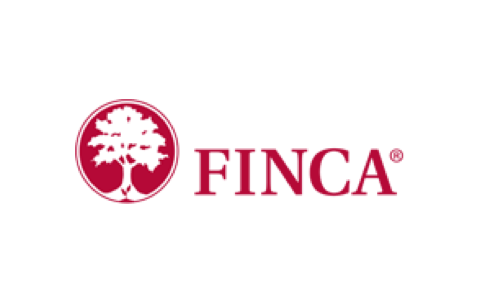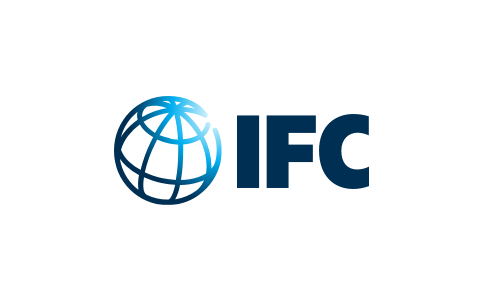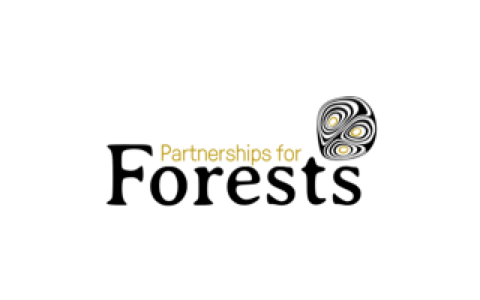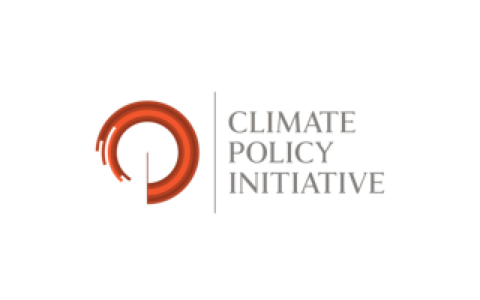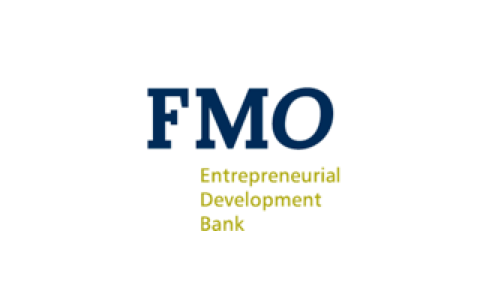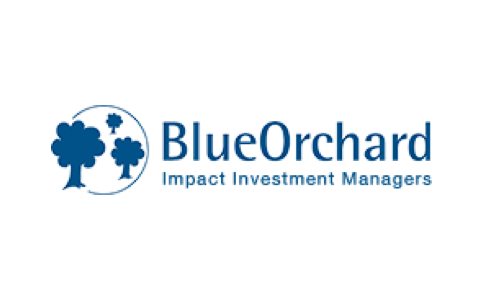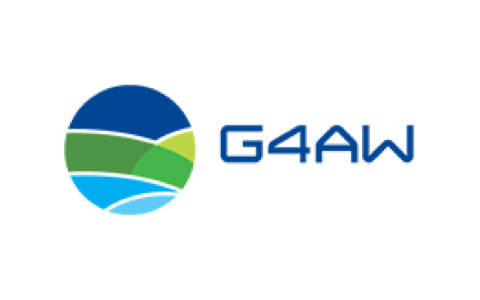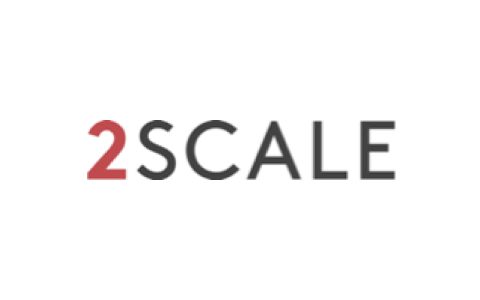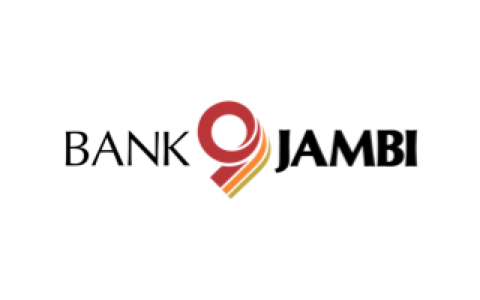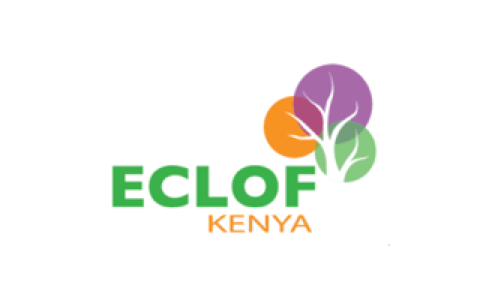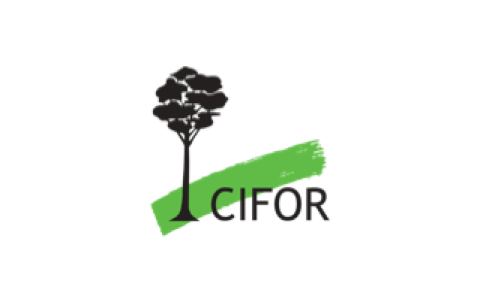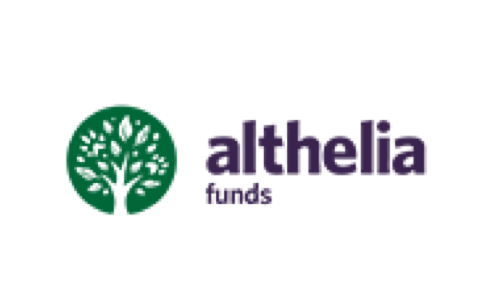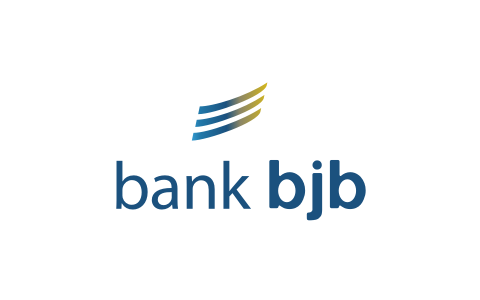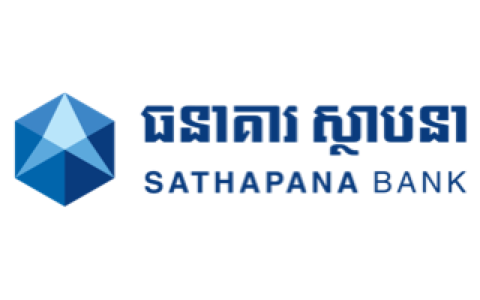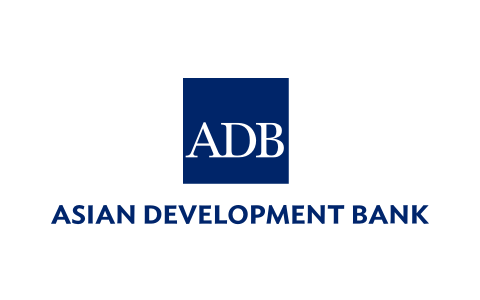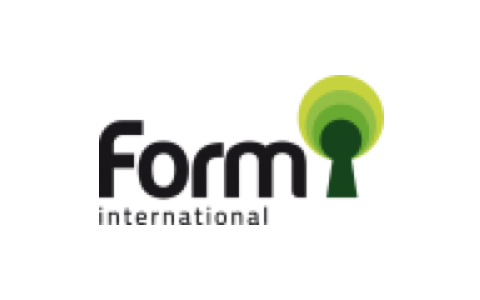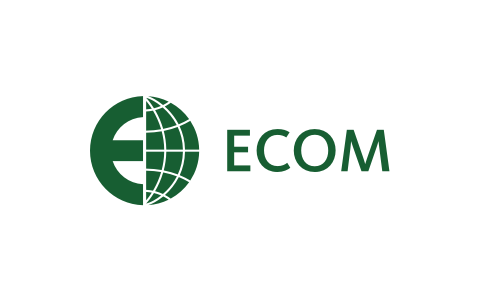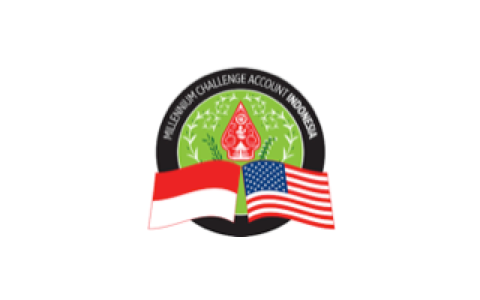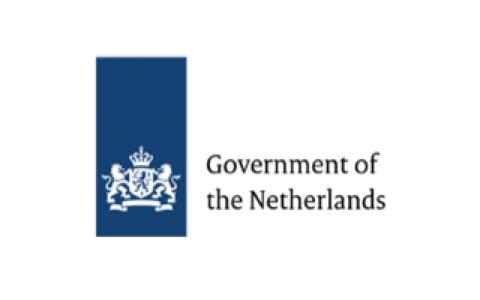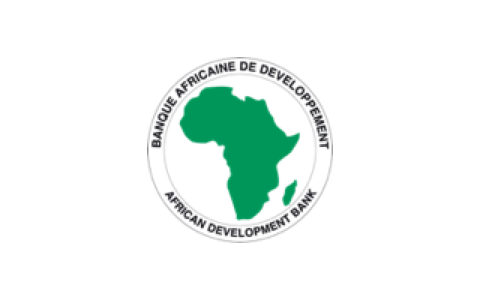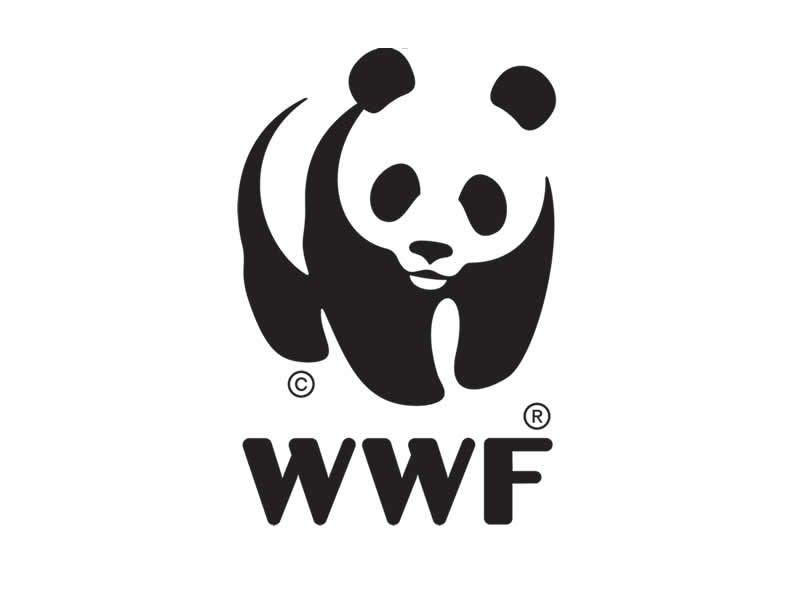
Country
2021
Rubber production is a key income stream for several million smallholders in Southeast Asia and West Africa. However, these smallholders are often caught in a vicious cycle of low yields and low international rubber prices. Replanting high-quality rubber trees and improving planting and tapping practices have the potential to increase yields and, subsequently, smallholders’ incomes for which large investments are required.
Impact capital and the design and roll-out of innovative financing schemes, like the outgrower program of Corrie MacColl in Cameroon an essential role in the improvement of the economic well-being of rubber smallholders and forest protection. This paper further investigates the challenges and opportunities regarding investments in the rubber sector in Indonesia and West Africa.
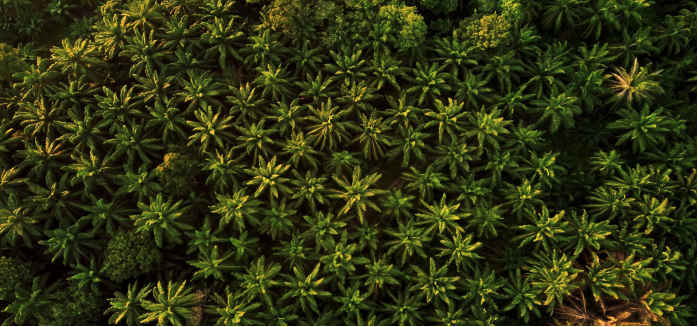
Country
2021
The African oil palm tree (Elaeis Guineensis) which is native to West Africa, is an important crop for high global demand across industrial, retail, and consumer markets. Although the crop is grown vastly in West and Central Africa, Africa contributes to less than 10% of the global output. The continent remains a net importer of palm oil, with most countries having a significant trade deficit.
Palm oil is increasingly seen as a key development sector by most national governments and remains the subject of interest from international development and conservation organizations. Developing a cost-effective and sustainable, inclusive oil palm sector is a key challenge that requires significant investment. With edible oil consumption across Africa expected to continue an upward trajectory as well as growing international demand, there is a clear opportunity to develop the sector in a way that will benefit both local and international actors and attract the capital and support required to minimize negative environmental impact.
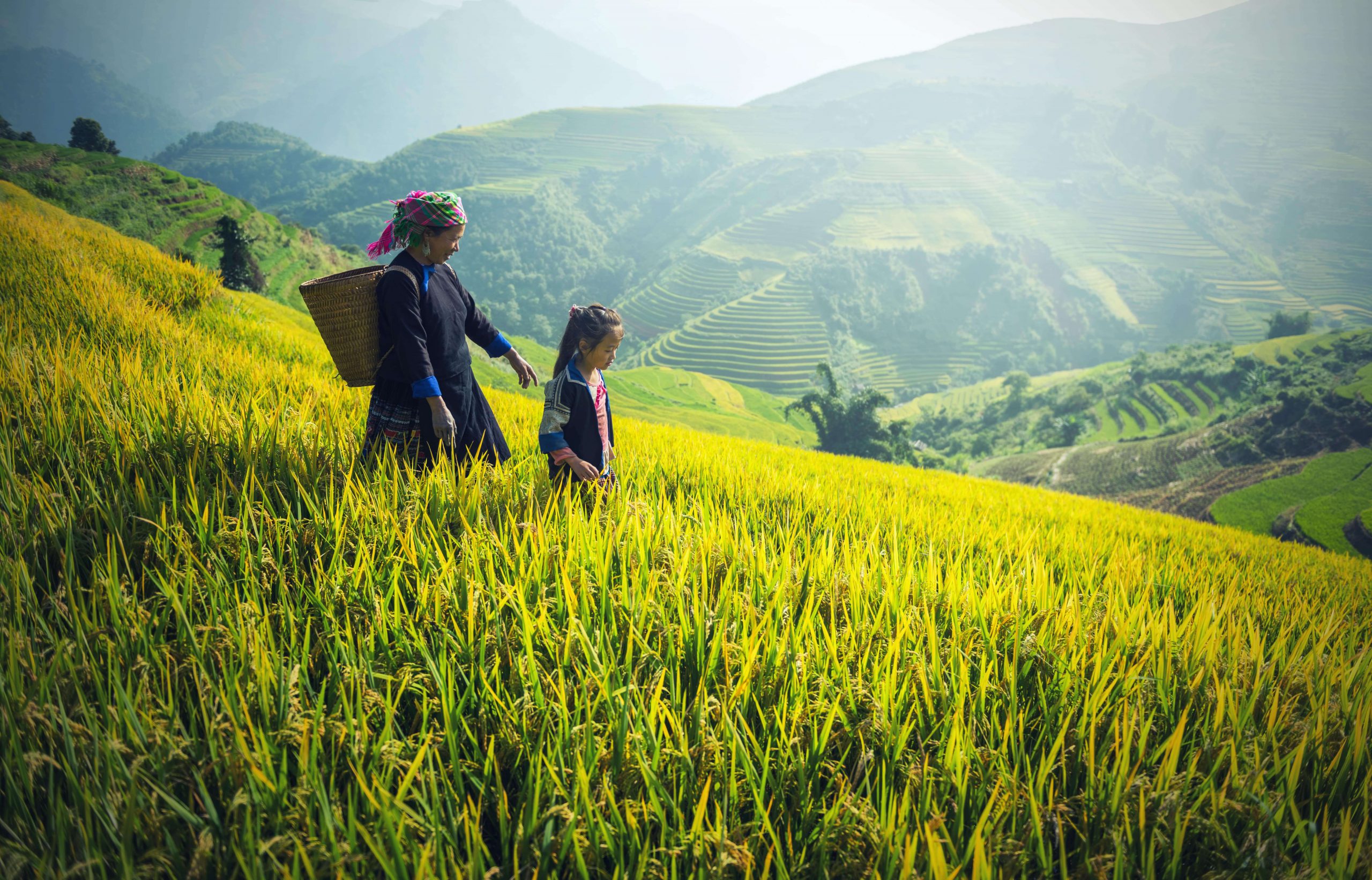
Country
2020
The GREAT program aims to improve the economic livelihoods of women of ethnic minority groups in north-west Vietnam by increasing their capacity and through improved private sector development and better access to markets and finance. Financial Access’s role in the program is to leverage the work of the program to enhance the financial inclusion of the smallholder farmers. Financial Access conducted an extensive analysis of the supply chains, to create a detailed understanding of its dynamics and the opportunities for assisting farmers with tailored financial products. By working with a large financial institution, we will co-design appropriate financing schemes and offer these with increased efficiency and cost-savings to smallholders in this remote region.
Though a staged approach, continuously increasing the number of farmers reached and incorporating learnings in new loan cycles, we aim to create a sustainable path to financial inclusion for these female ethnic minority smallholders. This report describes the present state of agricultural value chain finance in Viet Nam and suggests policies that could help expand its availability. We first consider the features of a policy environment needed for agricultural value chain finance to flourish.
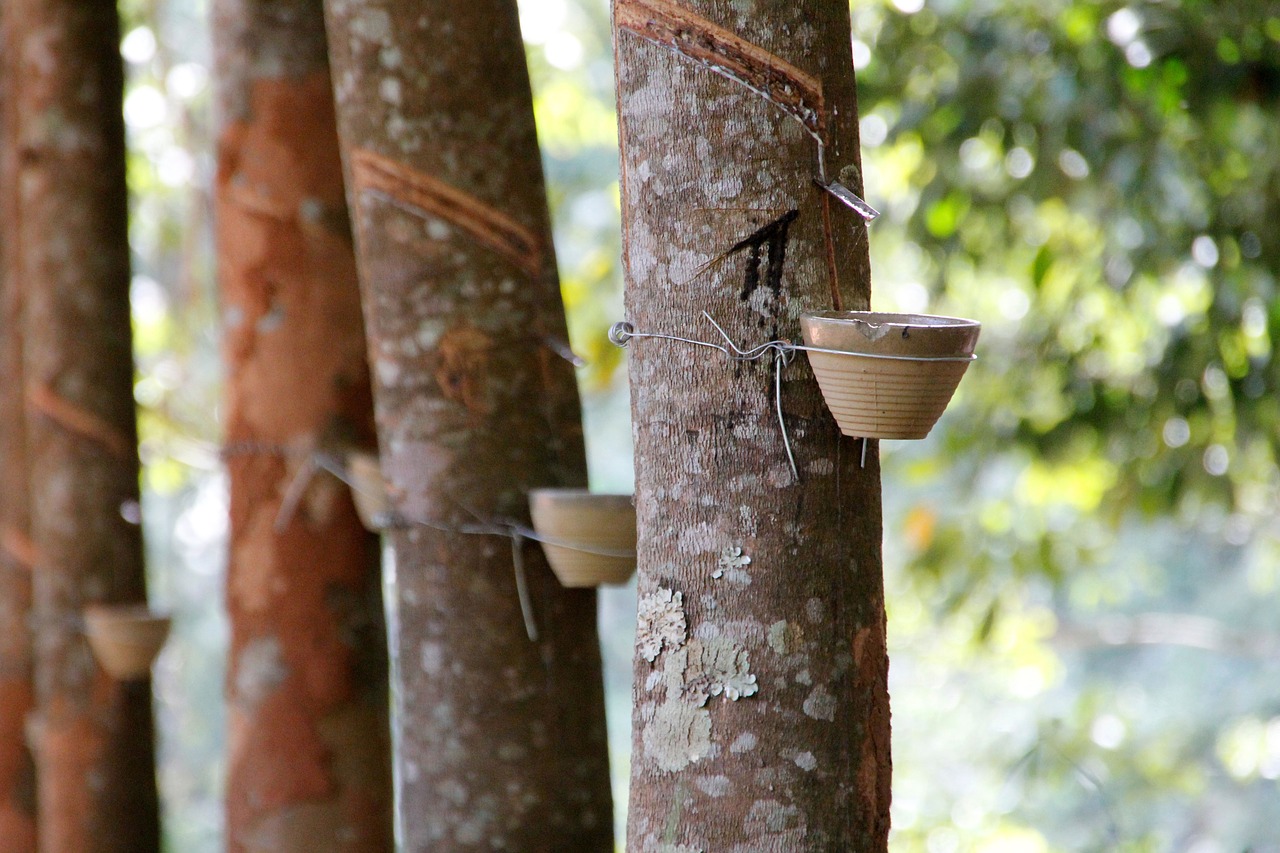
Country
2020
This wide-ranging study, conducted jointly with SNV, aims to provide a comprehensive overview of the rubber smallholder landscape in Indonesia and their financial needs, and to identify possible channels through which these needs can be sustainably addressed.
Starting with an overview of past and present government programs targeted at rubber smallholders build the framework in which to work. Second, extensive field work was conducted to understand the financial position, needs and opportunities of smallholders at a regional level. Leading rubber plantation companies were also interviewed to build a better understanding of the supply chain and how actors within it can be leveraged in a financing scheme. Third, financial institutions were interviewed to understand the real and perceived hurdles in providing financing to rubber smallholders.

Country
2020
One of the main barriers to access finance for MSMEs is lack of financial literacy. Financial Access was engaged by Tropenbos International (TBI) to conduct a study of current experiences and to develop a strategy to strengthen the financial literacy of MSMEs in the landscapes and value chains where TBI and its partners work.
To strengthen both the performance and voice of MSMEs they need to have access to resources, including finance. This publication has been produced by Financial Access and TBI in the framework of the innovative finance for sustainable landscapes priority of the CGIAR Research Program on Forests, Trees and Agroforestry (FTA).
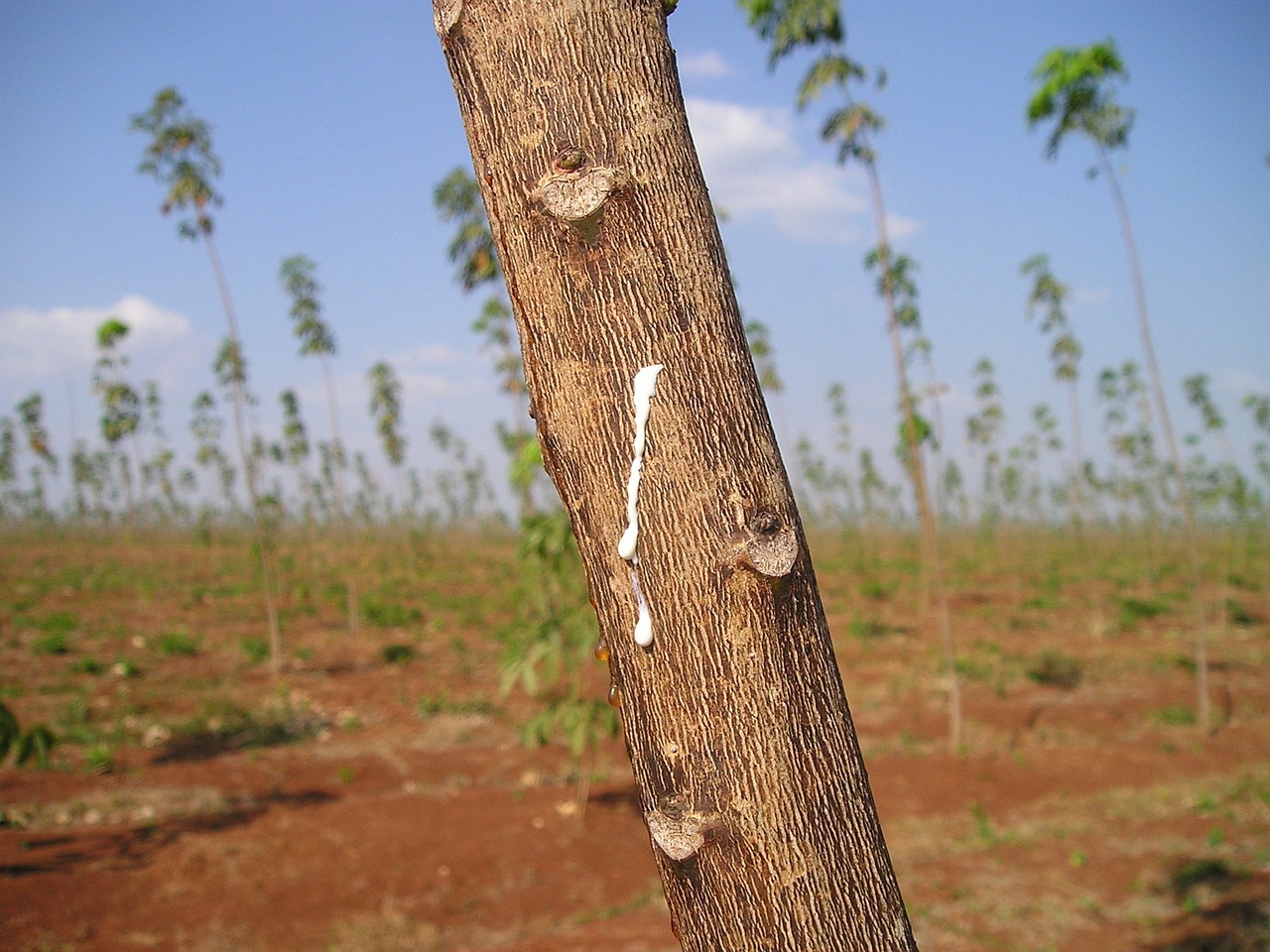
Country
2020
The common interest to find solutions to enhance the production and trade of sustainable natural rubber brought HeveaConnect, Target Cooperation, and World Wildlife Fund (WWF) together in 2019. Financial Access engaged to analyze the potential of rubberwood to serve as a mechanism to support the mobilization of replanting finance, leading to higher income for smallholders, reduced deforestation, and improved rural livelihoods.
In this report, Financial Access has investigated the potential of selling rubberwood as a viable economic activity and has designed a financing scheme that has the potential to ensure that smallholders can structurally improve their cashflows and debt repayment capacity during and after replanting. Although the scope of the analysis was limited to two provinces in Sumatra, the findings of this study could be used there and elsewhere in Indonesia to inform the development of sustainable natural rubber initiatives that include the processing and trade of rubberwood as one of several strategies to support equity in natural rubber supply chains.

